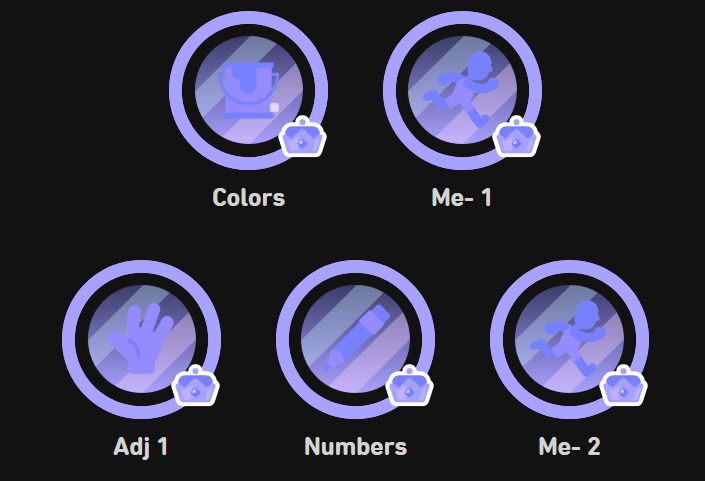When does "me-" go on verbs?
So I started learning Indonesian through a Duolingo course for 2 weeks now, and I've gotten to the "Me- Verbs" part as I'm writing this question.
I have already learned a few verbs from past lessons such as "makan" ("eat"), "minum" ("drink") and "pesan" (order), but what got me curious is that "memakan", "meminum" and "memesan" exists. They still mean the same word, but I don't get why "me-" is there in the first place.
Question: When does an existing verb use "me-" as a prefix if they can just not use it?
1 answer
Verbs with "me-" as a prefix are active verbs. In the definition of active verbs:
Active verb is a term in traditional English grammar for a verb used primarily to indicate an action, process, or sensation as opposed to a state of being.
In sentences I got to in Duolingo, most of them used the "me-" prefix to give a present tense verb. An example I created is:
- "Saya makan makanan." - "I eat food."
- "Saya memakan makanan." - "I am eating food."
Using "me-" is a bit complicated, because it requires a spell change on the base verbs just to create a smoother pronunciation for speakers. Depending on the starting letter of the base verb, "me-" would get an additional letter/s and said starting letter will be dropped off of the verb to make the word. Some examples are:
- "tulis" (write) - "menulis" (to write)
- "hilang" (lost) - "menghilang" (disappear)
- "beri" (give) - "memberi" (to give)
As seen in the 2nd example, an adjective can turn into a verb through "me-". There are many forms of these:
- "panjang" (long) - "memanjang" (to become longer)
- "besar" (big) - "membesar" (to become bigger)
Even nouns and places can have "me-" to express a new meaning.
- "cat" (paint) - "mengecat" (to paint)
- "darat" (ground/land) - "mendarat" (to land)
- "seberang" (across) - "menyeberang" (to cross)
The numbers one and two can be turned into verbs too:
- "satu" (one) - "menyatu" (unite)
- "dua" (two) - "mendua" (split in two)
So basically, the prefix "me-" can create active verbs and verbs from other words.
Sources of research:
- Kiwix (Campus): How the prefix "me-" works
- Duolingo (you'll need to get to "Me- 1" for an understanding of it)





















0 comment threads